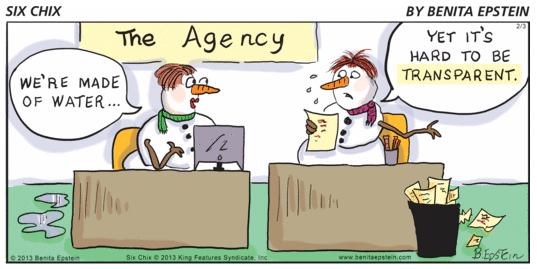It takes a special kind of person to deal with complaints day in and day out. Working in a negative atmosphere can often be draining and difficult, so employees should be appropriately trained to cope with unjustified complaints or angry complainants.
In this article, we’ll be exploring four crucial skills that all employees should employ daily in their workplace.
1. Confidentiality
The first of these skills can make or break your customer relationship as it directly correlates with trust.
In fact, confidentiality is an essential part of most fields, whether it be between doctor-patient, customer-company, or even employee-employer. Once you both agree to form a relationship of sorts, you are essentially agreeing to service your customer on an individual level-meaning that details of transaction or even practice should not be made available to the public.
So what does this mean about people who make public complaints on social media outlets?
This means that though they’ve chosen to make their complaints or comments known, private details should still be kept exactly that-private. As soon as you require extra details such as contact information, transaction information, or even names of employees involved, you should be moving to a private channel of communication.
Just because your customer makes his complaint in view of the public doesn’t mean that you should process it publically.
For more information about the differences between private and public communication channels, check out: The Impact of Social Media on Customer Relationship Management.
2. Fairness
The next best practice that your employees should always keep in mind is that of fairness.
This means that you should handle all complaints with the same manner of politeness and professionalism but not urgency.
To see what we mean about treating certain complaints differently, check out: Why You Shouldn’t Prioritise All Social Media Customer Complaints Equally.
3. Transparency
Transparency in and customer service industry is absolutely essential to retaining long term customers and building a valuable customer base.
In complaints management, transparency means that you keep your customer in the loop about what went wrong, why it went wrong, and how you plan on fixing it.

Photo via comicsidontunderstand.com
Say for example, Sara has ordered a fountain pen from your company, and upon arrival she discovers that the ink is already dry. After careful examination of the available data, you note that three other customers reported the same problem. You therefore attribute the product failure to one of the batches of pens manufactured, given that they all shared the same batch code.
So what should Sara be told?
As soon as Sara makes her complaint, you should directly tell her that you are working on resolving her issue, including the steps of your complaint handling process. She should also be provided with an estimation of how long it will take to respond to her complaint.
If things don’t go according to plan and there is a delay, you need to alert Sara as to why there are delays and give her a report on the progress.
Once you discover that the error occurred at a particular shipping location, you must explain to Sara the outcome of your investigation and the reasons why her fountain pen was faulty.
Keep in mind that transparency also means that you should let your customers know that they can seek internal review if they are unhappy with the way their complaint was resolved.
4. Attitude
Last, and probably the most important best practice on our list is attitude-which we’ll be talking about in terms of behaviour and responses.
To be clear-not everyone is cut out to handle complaints. Some people just can’t handle angry calls and stay levelheaded, and others take insults personally. So that you keep your team efficient and unaffected, try your best to keep them engaged and happy, so that they don’t suffer from burnout.
To read more about this idea, take a look at: Four Ways to Prevent Burnout Within Your Complaints Handling Team.
As we talked about above, employees should always retain a sense of professionalism, referring to customers as respected and valuable individuals whose input is greatly appreciated.
And indeed, customer insight is instrumental to finding and preventing product and service faults, so you should always take care to treat your customers with care.
If complaints are handled in person, employees should be physically friendly with their body movements, avoiding crossed arms and aggressive stances. Eye contact and smiling also goes a long way and will help your customer feel more at ease.
Complaints delivered over the phone should be met with cheery (though not annoyingly so!) and professional voices, with the appropriate salutations and greetings; i.e. good morning, how are you, have a good day!
Handling complaints is really all about making your customer feel listened to and valued, so employees should take great care to make sure that their voice, response, and practices are well thought-out and professional.
